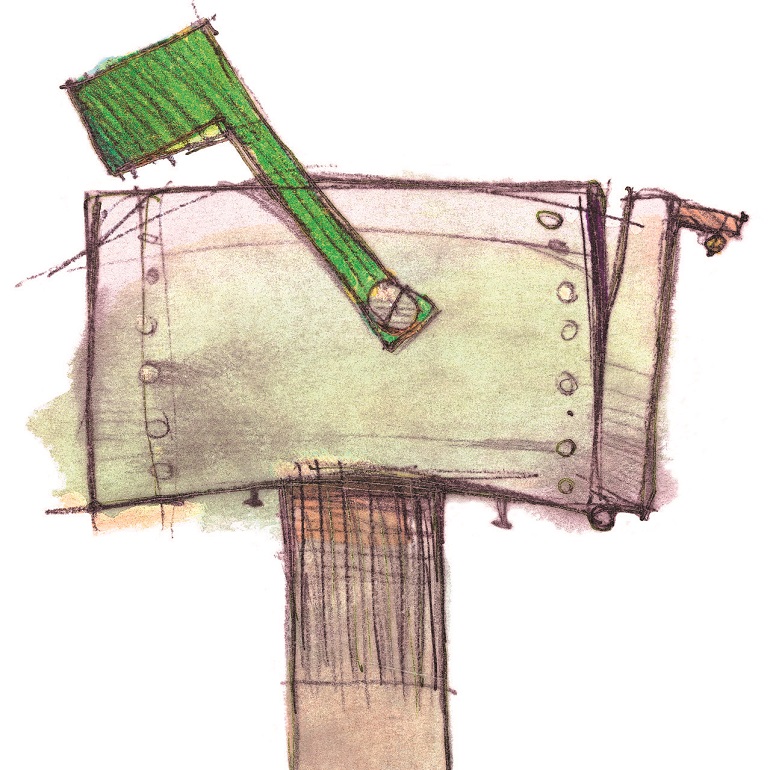Our daughter, Emmie, had been part of our family for just a few months when I picked up the phone and heard words I had never expected to hear. “Emmie’s birth mother in South Korea has requested non-identifying contact,” said the measured voice from our adoption agency. “She hopes you would be willing to write to her and send some pictures of Emmie. We don’t know whether this is a one-time request or if she wants ongoing contact. Sometimes birth mothers just want reassurance that their children are OK. It’s up to you to respond or not.”
I was stunned.
We had never planned on having an open adoption. In part, we’d chosen international adoption over domestic because of our apprehension about birth family contact. Our extended-family relationships were already somewhat tricky, we reasoned, so we didn’t want to complicate matters by adding more family members to the mix.
Dear Birth Mother
My heart was in my throat as I called my husband at work. For two days, we pondered our options: Write a letter, but send no pictures. Send both. Send pictures, but not really cute ones. Deny the request. I knew that, legally, Emmie was ours forever, but I kept wondering: What if her birth mother wants Emmie back?
As I weighed different ways to respond, I envisioned Emmie, at 14 or 15 years old, searching for answers about her birth mother. I saw myself meeting her eyes and responding heavily, “Your birth mother asked us about you a long time ago. She wanted contact with you, but we turned her down.” I knew that I could never say those words to my daughter.
So we wrote to Emmie’s birth mother. “We’re sure you must be anxious about the baby girl you placed for adoption, and we’re glad to have the opportunity to let you know how well she is doing,” the letter began. We shared a little about Emmie’s life in our New England community, a life filled with “parents and a brother who adore her, grandparents and aunts and an uncle who ply her with kisses and toys at every opportunity.” We assured her that Emmie would always have plenty to eat, a great education, and, most important, infinite love.
Finally, we expressed our gratitude to her: “We are forever grateful to you for this precious gift you have given us — the gift of our daughter. We can only imagine the pain it cost you to make your decision; when she is old enough to understand, we will tell Emmie that you loved her dearly. We will teach her to respect and honor you as we do. We hope that this letter will bring you peace, knowing that Emmie will grow up surrounded by love.”
And we sent pictures — cute ones.
Opening Ourselves Up
Four months passed, and I relaxed. Maybe Emmie’s birth mother had just wanted reassurance that her baby was OK.
Then, an e-mail from our agency. “I received word that Emmie’s birth mom wrote a letter to you and your husband, and that she would like to know if you will send photos and notes annually.” The e-mail continued, “I’m not sure you had expected to hear back so soon.” Indeed, we had not.
This time, I knew we would write back. Nevertheless, as we waited for the letter to arrive, my nervousness grew. Here we were, entering into some kind of open adoption — the thing we had steered away from at the beginning of the process.
But reading Emmie’s birth mother’s letter erased my remaining doubts. It was filled with gratitude to us, and love for her daughter. She enclosed a letter to Emmie, and asked that we give it to her when she is grown. Although I cannot reveal the details of that letter, I only say that it is a heartbreaking expression of maternal love and strength. I had to struggle to regain my breath when I finished reading it.
A New Tradition
This year, when Emmie turned two, we began what I hope will become an annual tradition. “I know that this time of year must be difficult for you, so I am sending you this update to let you know how well Emmie is doing,” we wrote. “At two years old, Emmie is very smart, very pretty, and has one of the strongest personalities I’ve ever seen!”
When Emmie is older, she can decide if she wants to help write the letters and choose the pictures. I know, too, that she may come to object to the idea of communicating with her birth mother. If that is the case, our journey may turn in yet another direction. We will, as all families do, navigate as we go.
As Emmie’s parents, it is our responsibility to do what is best for her, even if it takes us out of our comfort zone. Emmie’s birth mother, who loved her daughter so much that she took what is, to me, the unfathomable step of letting her go, is part of her life — her past, present, and future. Adopting a child means coming to love someone whose biology we do not share. Now I am learning to open my heart to a woman I may never really know. Although my daughter’s story may be a complicated one, it brings me joy to realize that she has so many people in the world who love her.



